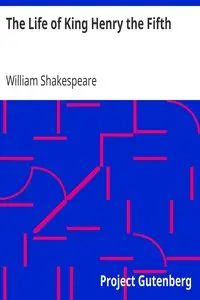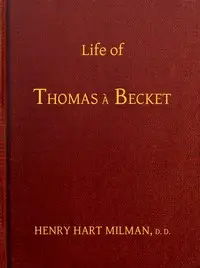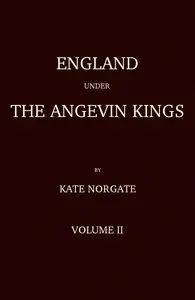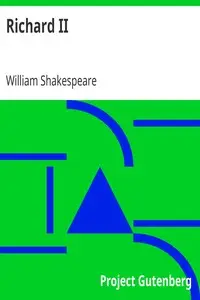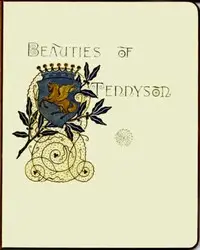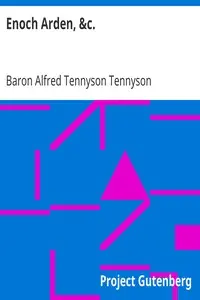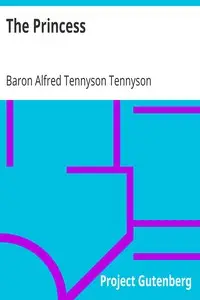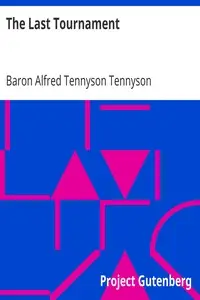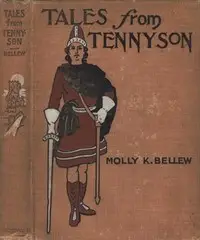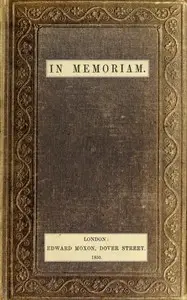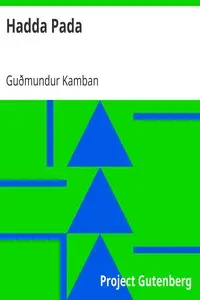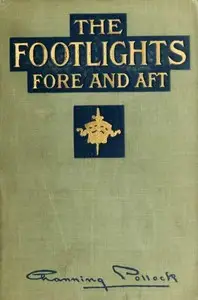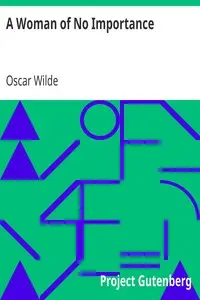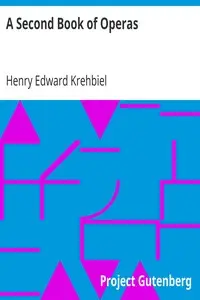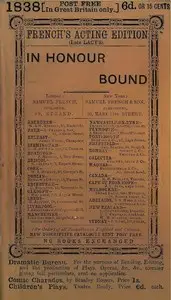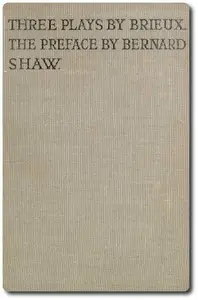"Becket and Other Plays" by Alfred Lord Tennyson is a compilation of dramatic pieces composed in the latter part of the 1800s; with the main drama, "Becket," digging into the complicated dynamic between Thomas Becket, who goes from Chancellor of England to Archbishop of Canterbury, and King Henry II, showing the battle between religious rule and the king's control. "Becket" starts in a castle in Normandy, with King Henry II and Becket playing chess while talking about power, love, and loyalty, making it obvious that Becket is struggling with his dedication to both the king and the church. The scene builds tension between the two main characters, hinting at future problems as Becket thinks about his duties after Archbishop Theobald dies; the play emphasizes relationships and the mix of political and personal reasons, forming a key background to the story.

Becket and other plays
By Alfred Tennyson Tennyson
Loyalty to the crown and obedience to God clash as a once-trusted advisor is caught in the crossfire between a king's ambition and the church's unwavering authority.
Summary
About the AuthorAlfred Tennyson, 1st Baron Tennyson,, was an English poet. He was the Poet Laureate during much of Queen Victoria's reign. In 1829, Tennyson was awarded the Chancellor's Gold Medal at Cambridge for one of his first pieces, "Timbuktu". He published his first solo collection of poems, Poems, Chiefly Lyrical, in 1830. "Claribel" and "Mariana", which remain some of Tennyson's most celebrated poems, were included in this volume. Although described by some critics as overly sentimental, his poems ultimately proved popular and brought Tennyson to the attention of well-known writers of the day, including Samuel Taylor Coleridge. Tennyson's early poetry, with its medievalism and powerful visual imagery, was a major influence on the Pre-Raphaelite Brotherhood.
Alfred Tennyson, 1st Baron Tennyson,, was an English poet. He was the Poet Laureate during much of Queen Victoria's reign. In 1829, Tennyson was awarded the Chancellor's Gold Medal at Cambridge for one of his first pieces, "Timbuktu". He published his first solo collection of poems, Poems, Chiefly Lyrical, in 1830. "Claribel" and "Mariana", which remain some of Tennyson's most celebrated poems, were included in this volume. Although described by some critics as overly sentimental, his poems ultimately proved popular and brought Tennyson to the attention of well-known writers of the day, including Samuel Taylor Coleridge. Tennyson's early poetry, with its medievalism and powerful visual imagery, was a major influence on the Pre-Raphaelite Brotherhood.


